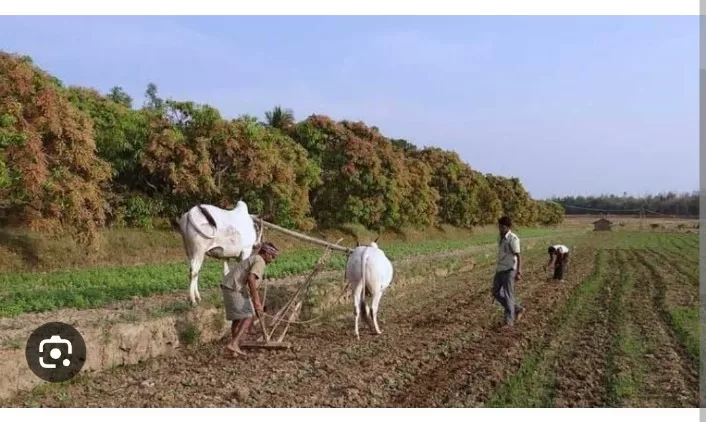In a recent development, it has come to light that over 81,000 farmers in the state of Bihar have been deemed ineligible for the Pradhan Mantri Kisan Samman Nidhi (PM-Kisan) scheme. This revelation has prompted the government to take swift action, instructing state-owned banks to expedite the process of collecting refunds from these individuals, according to a senior official.
The disqualification of these farmers from the central government’s flagship program is attributed to various reasons, including the payment of income tax. A breakdown of the ineligible beneficiaries reveals that 45,879 farmers have been income tax payees since 2020, while an additional 35,716 have been disqualified for other reasons.*
Alok Ranjan Ghosh, the Director of Agriculture in Bihar, stated, “After thorough scrutiny, a total of 81,595 farmers have been identified as ineligible beneficiaries in Bihar. Among them, 45,879 have been found to be income tax payees since 2020, while 35,716 were disqualified for other reasons. The state’s agriculture department has swiftly taken action, urging all relevant banks to expedite the collection process for refunding approximately Rs 81.6 crore to these farmers.”
At a recent meeting of the State Level Bankers’ Committee (SLBC), senior officials were given clear directives to prioritize the initiation of the refund collection process. Banks have also been instructed to issue fresh reminders to ineligible farmers and freeze their accounts if necessary.
It is worth noting that certain banks have already successfully collected nearly Rs 10.3 crore in refund money from these disqualified farmers.
The PM-Kisan scheme, which was launched on December 1, 2018, provides income support of Rs 6,000 per year to land-holding farmer families in three equal installments. State governments are responsible for identifying eligible farmer families according to scheme guidelines, and the funds are directly transferred to the beneficiaries’ bank accounts.
This development highlights the importance of rigorous scrutiny and accountability in government welfare programs to ensure that benefits reach the intended beneficiaries effectively.
With inputs from PTI.







